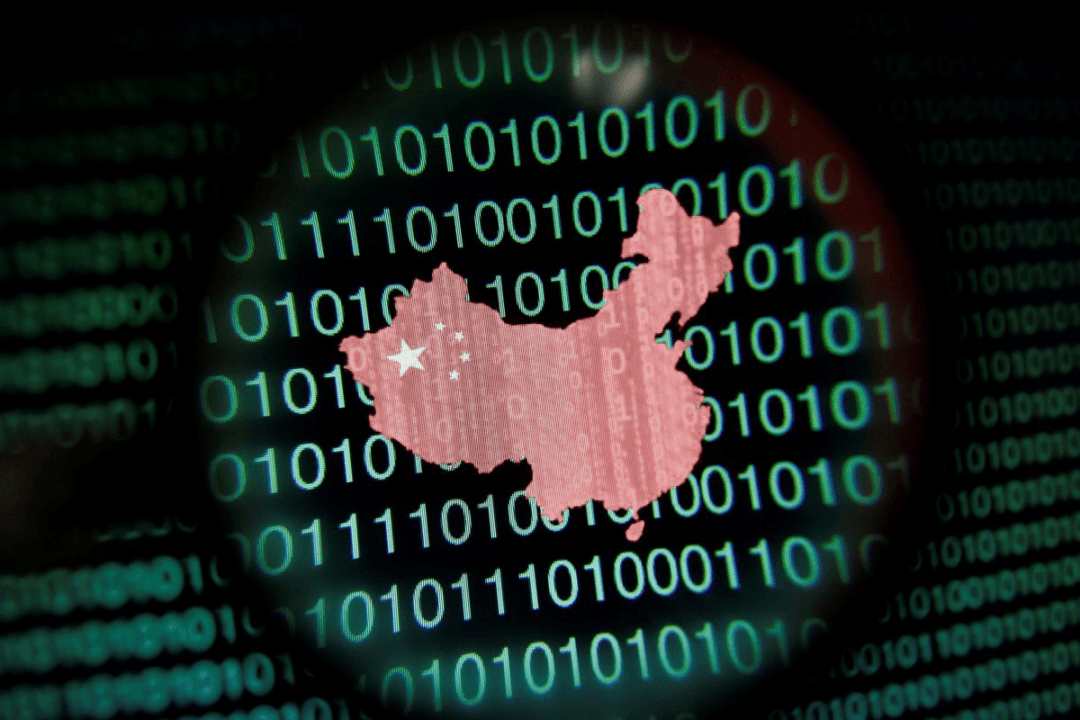Following a warning by the Canadian Centre for Cyber Security and Canada’s Five Eyes allies of a “significant threat” from a state-sponsored actor associated with the People’s Republic of China, a cybersecurity expert says the rarity of the alert means it should be taken very seriously in Canada.
“It’s a fairly rare thing to put out something like this so publicly and, of course, it runs a risk of frightening people, and we probably have good reasons to be frightened,” Thomas Patrick Keenan, a professor at the University of Calgary, told The Epoch Times.





